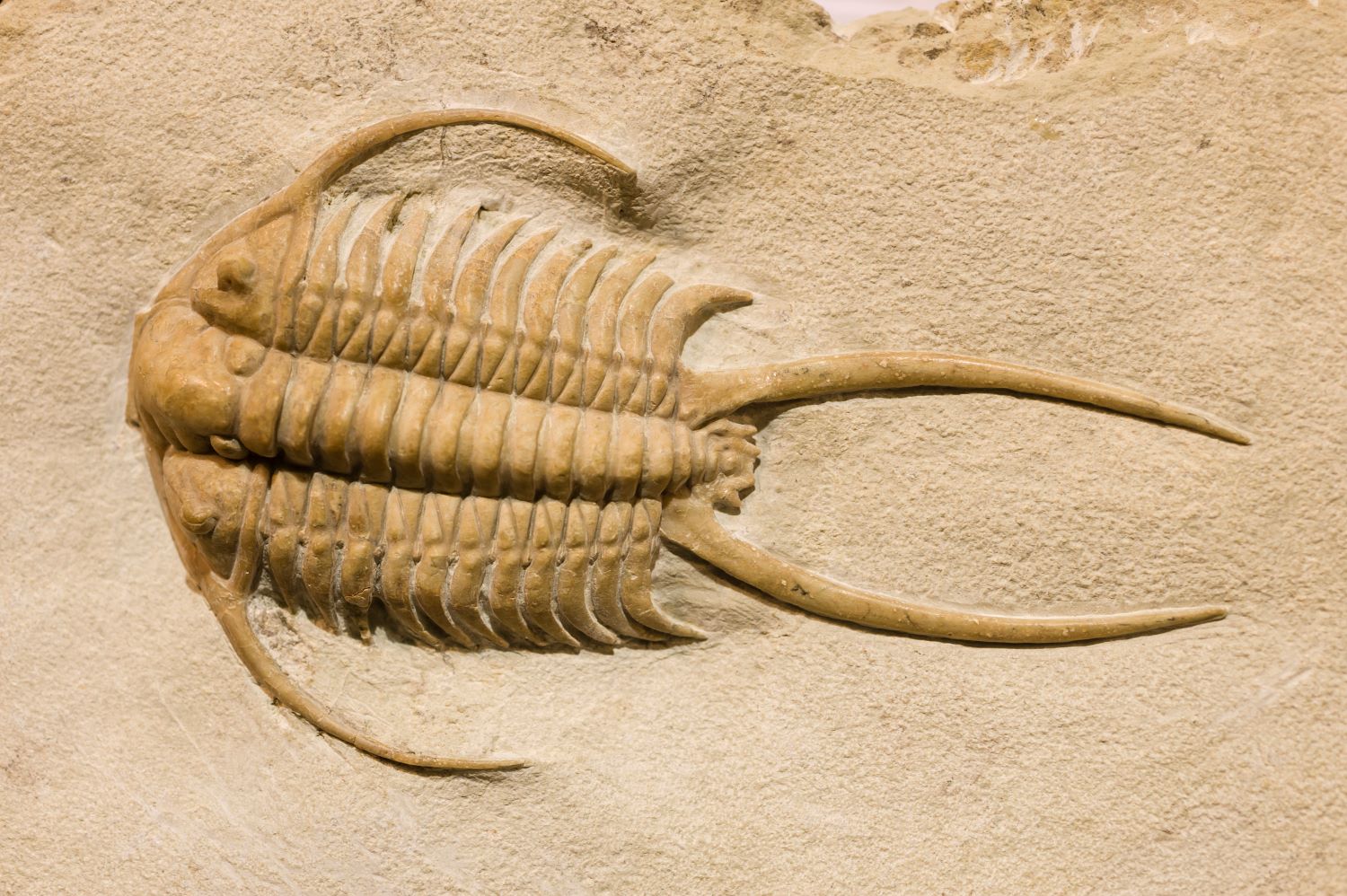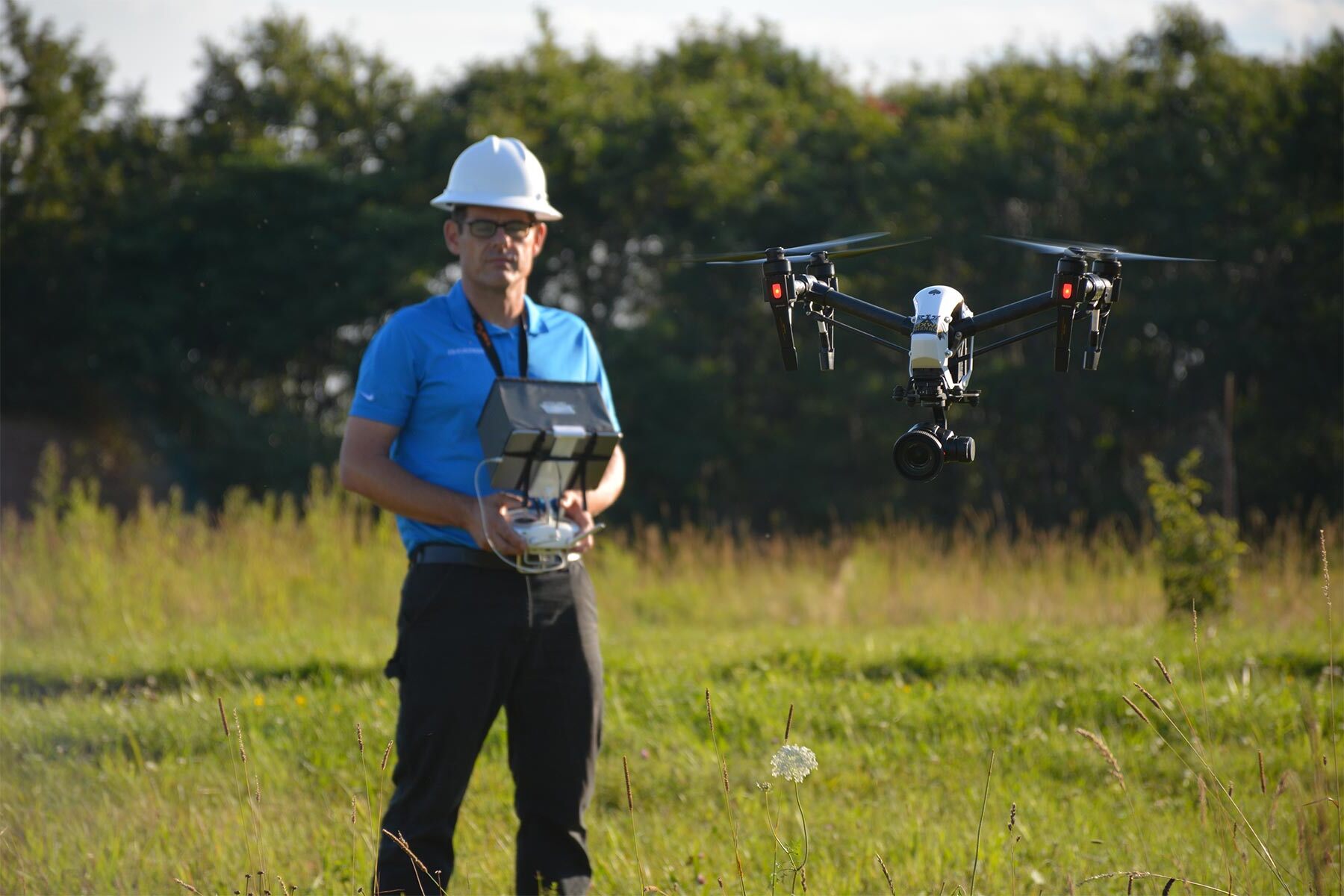
Fossilization is a captivating process that allows us to gain insights into the history of life on Earth. From ancient creatures preserved in amber to imprints of plant leaves found in rocks, fossils provide us with a window into the past. By studying fossils, scientists can uncover information about the evolution of different species, the environments they lived in, and even the climate of bygone eras.
In this article, we will explore 16 fascinating facts about fossilization. From the different types of fossils to the methods used to date them, we will delve into the intricacies of this scientific field. So, get ready to embark on a journey through time as we uncover the mysteries of fossilization and learn about the amazing discoveries they have yielded. Get ready to be amazed by the wonders that lie hidden in the ancient remnants of life.
Key Takeaways:
Fossilization occurs over millions of years.
Fossilization is a slow and gradual process that requires the right conditions for preservation. It can take millions of years for the organic materials of an organism to be replaced by minerals, eventually turning into a fossil.
Fossils can be found in various forms.
Fossils come in different shapes and sizes. They can range from petrified remains, which are minerals replacing the organic matter, to impressions left behind in sedimentary rocks, or even preserved traces like footprints or burrows.
Fossils can provide clues about past environments.
By analyzing fossils, scientists can gain insights into ancient ecosystems and environments. Fossilized pollen, for example, can reveal the types of plants that existed in a particular area millions of years ago.
Fossilization is a rare occurrence.
Only a small fraction of organisms that have ever lived become fossilized. The conditions needed for fossilization, such as quick burial and the absence of decay-causing agents, are not commonly met.
Fossils help us understand evolution.
By studying fossils, scientists can trace the evolutionary history of different species and observe how they have changed over time. Fossils provide crucial evidence for the theory of evolution.
Fossils can be dated using various methods.
Scientists use a range of dating techniques to determine the age of fossils. These methods include radiometric dating, which measures the decay of isotopes in rocks surrounding the fossils, as well as relative dating based on the position of fossils in the rock layers.
The study of fossils is called paleontology.
Paleontology is the scientific study of fossils and their role in understanding the history of life on Earth. Paleontologists examine fossils to learn about ancient organisms and their interactions with their environment.
Fossils can be found on every continent.
Fossils have been discovered on every continent, providing evidence of life in various geological periods and diverse locations. Each new fossil discovery adds to our understanding of the Earth’s biological past.
Fossils can preserve soft tissues.
In rare cases, fossils can preserve soft tissues such as skin, feathers, or even internal organs. These remarkable fossils provide valuable information about the anatomy and physiology of extinct organisms.
Fossils can include traces of behavior.
Fossils can give us insights into the behavior of extinct organisms. Footprints, trackways, and burrows are examples of trace fossils that provide clues about how organisms moved and interacted with their environment.
Fossils can reveal ancient climates.
Fossils can hold evidence of past climates. By studying the types of organisms preserved in a specific area, scientists can infer what the climate might have been like during the time of their existence.
Fossils can be used to reconstruct ecosystems.
By examining different fossils found in a particular area, scientists can reconstruct the ecological relationships and interactions between organisms that existed in past ecosystems.
Fossilized plants can be used as a source of fuel.
Fossilized plants, such as coal, oil, and natural gas, are valuable energy resources. These fossil fuels formed from ancient plant material that underwent fossilization over millions of years.
Fossils can help us understand mass extinctions.
The study of fossils has shed light on major mass extinction events throughout history. By examining the fossil record, scientists can uncover patterns and potential causes of these catastrophic events.
Fossils can be important for human evolution.
Fossils have played a crucial role in understanding the origins and evolution of our own species, Homo sapiens. Fossil discoveries have helped trace our ancestral lineage and shed light on the behaviors and characteristics of early humans.
Fossils can be found in unexpected places.
Fossils have been found in surprising locations, including deserts, caves, and even within urban areas. These unexpected discoveries continue to expand our knowledge of Earth’s history.
These fascinating facts about fossilization highlight the importance of fossils in unraveling the mysteries of the past. By examining these preserved remnants of ancient life, scientists can piece together the story of our planet’s history and gain a deeper understanding of the evolutionary processes that have shaped life on Earth.
Conclusion
Understanding the process of fossilization provides us with valuable insights into the ancient history of our planet. Fossils serve as a bridge between the past and the present, allowing us to uncover the secrets of long-extinct species and reconstruct the ecosystems that existed millions of years ago.
From the remarkable preservation of soft tissues to the formation of amber and petrified wood, the world of fossils is filled with fascinating facts. Whether it’s the discovery of complete dinosaur skeletons or the rare occurrence of fossilized footprints, each finding contributes to our understanding of Earth’s history and the evolution of life.
By studying fossils, scientists can piece together the puzzle of our planet’s past and gain valuable insights into the development of life on Earth. Fossilization is an incredible process that has allowed us to unlock the mysteries of the distant past and appreciate the incredible diversity of life that has existed on our planet.
FAQs
Q: What is fossilization?
A: Fossilization is the process by which organic material, such as bones, shells, or plants, becomes preserved in rock or sediment over millions of years.
Q: How long does it take for fossils to form?
A: Fossilization can take anywhere from a few thousand years to millions of years, depending on the conditions present during the burial and preservation process.
Q: What are the different types of fossils?
A: There are several types of fossils, including petrified fossils (where the organic material is replaced by minerals), molds and casts, trace fossils (such as footprints or burrows), and preserved remains of organisms in amber or tar pits.
Q: How do scientists determine the age of fossils?
A: Scientists use various dating methods, such as radiometric dating and relative dating, to determine the age of fossils. These techniques involve analyzing the decay of radioactive isotopes or comparing the position of fossils in rock layers.
Q: Are all fossils of extinct species?
A: No, not all fossils are of extinct species. Some fossils belong to species that are still alive today, providing evidence of their long history on Earth.
Q: Why are fossils important?
A: Fossils are important because they provide a unique window into the past, allowing us to study and understand the evolution of life on Earth. They also contribute to our knowledge of ancient environments, climate change, and the history of our planet.
Q: Can fossils be found anywhere?
A: Fossils can be found in various locations around the world, but they are typically found in areas with sedimentary rocks or ancient lakebeds where the conditions for preservation were favorable.
Q: How do paleontologists find fossils?
A: Paleontologists search for fossils in areas known as fossil sites. These sites can be discovered through geological surveys, analyzing fossil-rich rock formations, or by studying the geological history of an area.
Q: Can you keep fossils you find?
A: It depends on the laws and regulations of the specific location. In some cases, it is legal to collect certain fossils as long as they are for personal use and not for sale or commercial purposes. However, it is always best to check local regulations before collecting fossils.
Q: Are all fossils complete specimens?
A: No, many fossils are incomplete or fragmented. It is quite rare to find a complete fossilized organism. However, even fragmentary fossils can provide valuable information about ancient life forms and their environments.
Fossilization is a captivating process that preserves remnants of ancient life. Transitional fossils provide glimpses into evolutionary changes, while fossil hunting allows enthusiasts to actively participate in unearthing these treasures. The fossil record itself is a vast archive of Earth's history, waiting to be explored. Continue your journey through the fascinating world of paleontology by learning more about these intriguing aspects of fossils and their study.
Was this page helpful?
Our commitment to delivering trustworthy and engaging content is at the heart of what we do. Each fact on our site is contributed by real users like you, bringing a wealth of diverse insights and information. To ensure the highest standards of accuracy and reliability, our dedicated editors meticulously review each submission. This process guarantees that the facts we share are not only fascinating but also credible. Trust in our commitment to quality and authenticity as you explore and learn with us.


